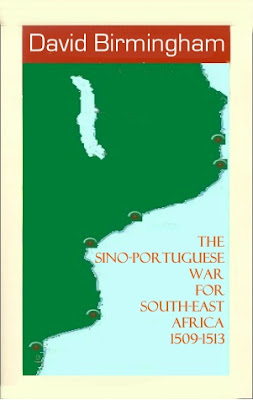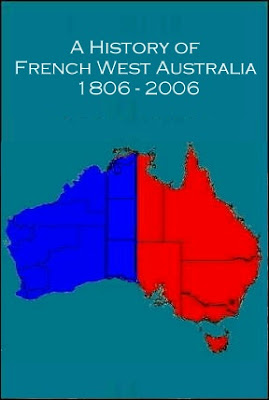The Treaty of Sèvres took this erosion a step further as can be seen in the map below. Britain, France, Italy and Greece received mandates - effectively colonies in all but name - and zones of influence in Anatolia. The Straits between the Mediterranean and Black Seas were internationalised. Remaining non-Turkish territories, i.e. Palestine, Transjordan and Syria largely came under the control of the British and French. Arabia, Kurdistan and Armenia were to be granted independence.
The leader of the founding of the Turkish Republic and the prevention of the establishment of the zones of control, was Mustafa Kemal Pasha (1881-1938) later known as Mustafa Kemal Atatürk. He served as a Colonel in the Ottoman resistance to the attempt to capture the Gallipoli Peninsula, 1915-16. He went on to lead the forces that opposed the Sultanate and the Greeks. In this novel it is envisaged that he was instead killed while at Gallipoli and consequently those trying to oppose the treaty impositions, the Sultan and the Greeks have remained disunited and as a result have been defeated. Consequently, the Treaty of Sèvres has been enforced in full. There is still a Sultan on the throne but very much as a puppet of the British.
Benito Mussolini came into office as premier in Italy in 1922 and by 1925 had established the Fascist dictatorship which was to persist across the Italy and its colonies into the Second World War. In this alternative the Italian Empire has come to include a large slice of southern Anatolia. It is named 'Lycia' the name given to part of the region during the Roman Empire, a period Mussolini liked to reference in his propaganda.
This novel is set in 1937 when the Governor of the Italian mandate of Lycia is abducted. Lieutenant Colonel Michele Tartaglia, head of the Italian detective squad is assigned to this most challenging case. Tartaglia is from the poor Molise region of Italy and coming the 'backwater' of Lycia has allowed his career to advance and for him to send money back home to his family. He is soon caught up in the internecine conflicts of the Fascist state. Since the 1970s, historians have recognised that rather than being monolithic states, the European dictatorships of the mid-20th Century were in fact more like regimes of rival 'baronies' with different individuals and bodies within the regimes competing for power. Even more than Nazi Germany, Fascist Italy had a range of centres of power, including the Fascist Party, various police and economic bodies, the Army, the King and the Church. This novel looks at the frictions inherent in such a regime as well as the tensions arising in a colony in an era of rising nationalism and sense of national identities across the world.
This book, then, is a novel both featuring a detective story but also one of political conflict within a regime and between a colonial power and its subject peoples. While Italy was never able to establish itself in its Anatolian zone, I have thoroughly researched the way it ran its empire and what groups and individuals were important in that to hopefully give a portrayal of what the running of Lycia would have been like, if it had occurred. I was very fortunate to be able to access the doctoral thesis of Dr. Dih Wang, 'The Judicial System of Fascist Italy' which was submitted at the London School of Economics in June 1939. It is clear that Wang was not only fluent in Italian as well as English, but had managed to gain deep access to the Italian judicial system of the 1930s and so provides possibly unique insight into how it functioned thus giving me a wonderfully solid basis for how it might have been translated into the Anatolian context.
It can be a challenge when writing a protagonist who is a functionary, especially a police officer in a dictatorship. However Philip Kerr with his Bernie Gunther novels, Martin Cruz Smith with Arkady Renko and Josef Škvorecký with Lieutenant Boruvka managed to do this successfully. Tartaglia is not a devoted Fascist but I wanted a protagonist who would not be unfeasible or anachronistic for the context in which he is working. He is devoutly religious and has the prejudices such as misogyny and homophobia that would be common across Europe and the wider world, in the democracies as well as the dictatorships. He is more understand of the Turkish, Greek and Armenian populations of Lycia than many of his colleagues but at best has a paternalistic attitude of a coloniser towards the subject peoples. He does have faith in due process and in a sense of justice, both of which were eroded in the Fascist state, again raising a point of tension and hopefully interest as he seeks to resolve this high profile case.
As always I hope readers will not only enjoy this novel as a detective and political conspiracy novel, but that it will provoke thought on how our history could have gone down this path rather than the one it took and what the implications would have been for the people caught up in this alternative.




